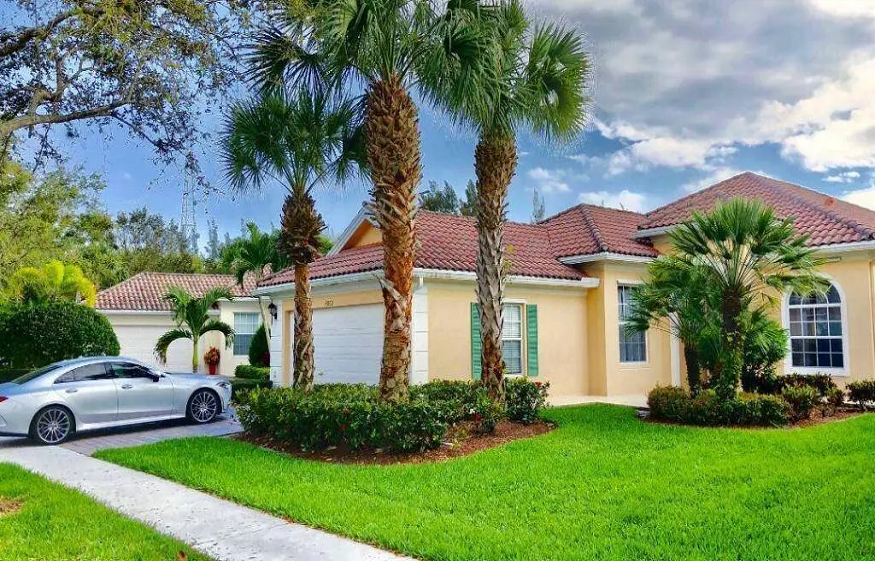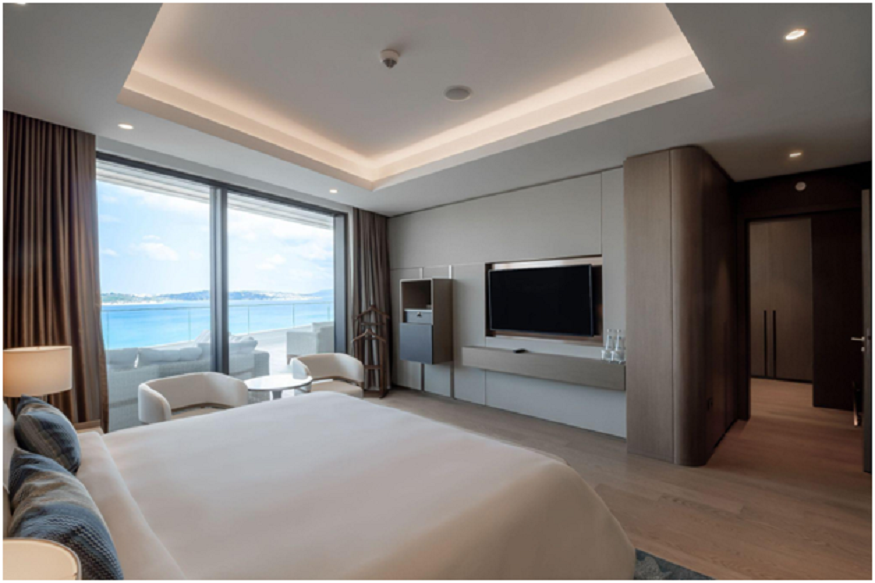Buying Off-Plan vs. Investing in Dubai’s Short-Term Rental Market
Dubai’s property market has consistently attracted global attention, blending luxury living with lucrative investment potential. For many buyers, the question isn’t whether to invest in Dubai, but rather which strategy to choose. Two of the most popular approaches are buying off-plan or stepping into the short-term rental market. Both can be highly rewarding, yet they appeal to different investor profiles and financial goals.
To make an informed decision, it’s important to look beyond the headlines and examine what each option truly offers. Factors such as risk tolerance, expected returns, time horizon, and involvement in property management all play a role in determining the right path.
What Makes Off-Plan Properties Attractive?
Dubai continues to launch ambitious new developments, giving investors access to a steady stream of opportunities. Buyers can select from a wide range of off plan properties for sale in dubai, many of which offer competitive entry points compared to ready units. Developers often provide attractive payment schedules, spreading costs across the construction period, and in some cases extending plans beyond handover.
This affordability, combined with the prestige of brand-new homes, makes off-plan appealing. It allows investors to secure units in prime areas at today’s prices, with the expectation of future appreciation as the project nears completion. Given Dubai’s reputation for innovative architecture and world-class amenities, off-plan buyers often see demand increase even before construction finishes.
Another advantage is the potential for high capital growth. Property prices in under-construction projects often rise steadily as milestones are reached. Investors who choose wisely can resell their unit at a profit before completion, or hold onto it for long-term gains. For those aiming to build wealth gradually, off-plan purchases can be a strategic way to enter the market.
Short-Term Rentals: A Growing Trend
While off-plan investments are about the future, short-term rentals are very much about the present. Dubai’s thriving tourism industry, boosted by year-round events and international connectivity, has made the city one of the busiest holiday destinations in the world. Properties listed on platforms like Airbnb consistently attract travellers looking for flexible accommodation.
For landlords, this means an opportunity to generate higher rental yields compared to traditional one-year leases. A well-located short-term rental can earn more in a single month than a long-term rental would deliver, especially during peak tourism seasons. The ability to adjust nightly or weekly rates allows owners to maximise revenue during high-demand periods such as New Year’s Eve or international exhibitions.
Flexibility also makes short-term rentals attractive. Owners can decide when to let their property and when to reserve it for personal use. This blend of income generation and lifestyle appeal has drawn many investors, especially those who value immediate returns over waiting for capital growth.
Comparing Investment Horizons
The two strategies differ significantly in terms of timelines. Off-plan is largely a long-term play. Investors commit capital during construction, often waiting several years before they can earn rental income. While resale before completion is possible, the main rewards usually come later, either through appreciation or long-term letting.
Short-term rentals, by contrast, provide instant gratification. From the moment a property is furnished and listed, it can begin generating cash flow. This approach suits those who prefer active income streams and do not want to tie up funds in projects that won’t deliver until the future.
Risks to Consider
Every investment carries risks, and both off-plan and short-term rentals come with challenges. Off-plan projects may face construction delays or design changes. Market conditions might also shift, affecting resale values. Investors must conduct due diligence, selecting reputable developers with a track record of timely delivery. Contracts should also be reviewed carefully to ensure protections are in place.
Short-term rentals face a different set of hurdles. High competition, especially in popular districts, can reduce occupancy rates. The constant need to attract guests requires excellent property presentation, professional photography, and strong online reviews. Operational costs such as cleaning, maintenance, and platform fees also eat into profits. Moreover, Dubai’s tourism regulations require property owners to stay compliant, adding another layer of responsibility.
Location and Demand Factors
Location is the heartbeat of any property investment. For off-plan buyers, areas undergoing regeneration or benefiting from new infrastructure tend to deliver the strongest appreciation. Developments near metro stations, waterfronts, and business hubs are particularly attractive. Over time, these neighbourhoods often see a surge in demand from both end-users and tenants, driving up property values.
Short-term rentals, however, depend on proximity to attractions. Properties near Downtown Dubai, Dubai Marina, Palm Jumeirah, or Jumeirah Beach Residence often outperform others due to their appeal to tourists. Easy access to malls, beaches, and nightlife further enhances rental demand. Investors focusing on short-term lets should consider the guest experience above all else.
Costs and Management
The financial structures of these two strategies differ sharply. Off-plan payments are phased, allowing investors to plan ahead. Until handover, there are minimal expenses beyond instalments and administrative fees. Once complete, owners can either lease or sell, depending on their objectives.
Short-term rentals require heavier upfront and ongoing costs. Furnishing the property to a high standard is essential, as guests expect stylish interiors and modern amenities. Utilities, internet, cleaning, and minor repairs are recurring expenses. Many owners choose to partner with property management companies who handle bookings and guest services, but this reduces net profits.
Lifestyle and Investor Involvement
Another factor worth considering is how much involvement an investor wants. Off-plan is relatively passive. After signing contracts and making scheduled payments, there is little else to do until handover. It suits busy professionals or overseas investors who don’t want to manage day-to-day operations.
Short-term rentals, however, demand more attention. While management companies can ease the workload, owners who self-manage must be ready to respond to guest inquiries, arrange check-ins, and handle maintenance issues promptly. It can be rewarding for those who enjoy the hospitality aspect, but stressful for investors seeking a more hands-off approach.
Which Option Suits You Best?
The decision ultimately rests on personal goals and risk appetite. If your priority is building long-term wealth with relatively little ongoing effort, off-plan could be the better option. It allows you to lock in property at today’s price and benefit from future growth.
On the other hand, if you want immediate returns and are comfortable with higher involvement, short-term rentals provide strong cash flow potential. They allow you to ride Dubai’s booming tourism wave while retaining the flexibility to adjust rental strategies as needed.
Final Thoughts
Dubai offers a unique property landscape where investors can choose between future-focused off-plan projects and income-driven short-term rentals. Both options have their merits, shaped by different financial goals and levels of involvement. Success comes down to aligning your choice with your own circumstances.
For patient investors seeking capital appreciation, off-plan can deliver significant returns over time. For those chasing steady income and willing to embrace the dynamics of hospitality, short-term rentals can be highly rewarding. Either way, Dubai’s robust demand, supportive infrastructure, and global appeal ensure both paths remain promising in 2025 and beyond.




Post Comment
You must be logged in to post a comment.